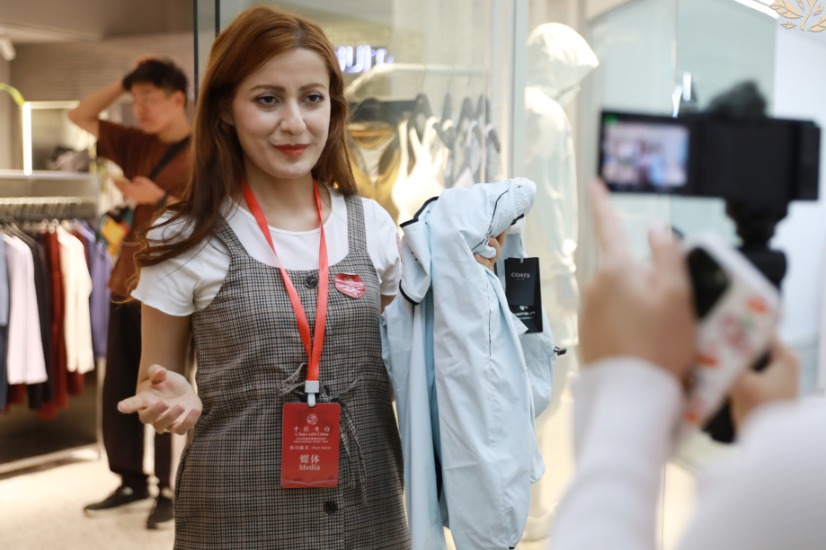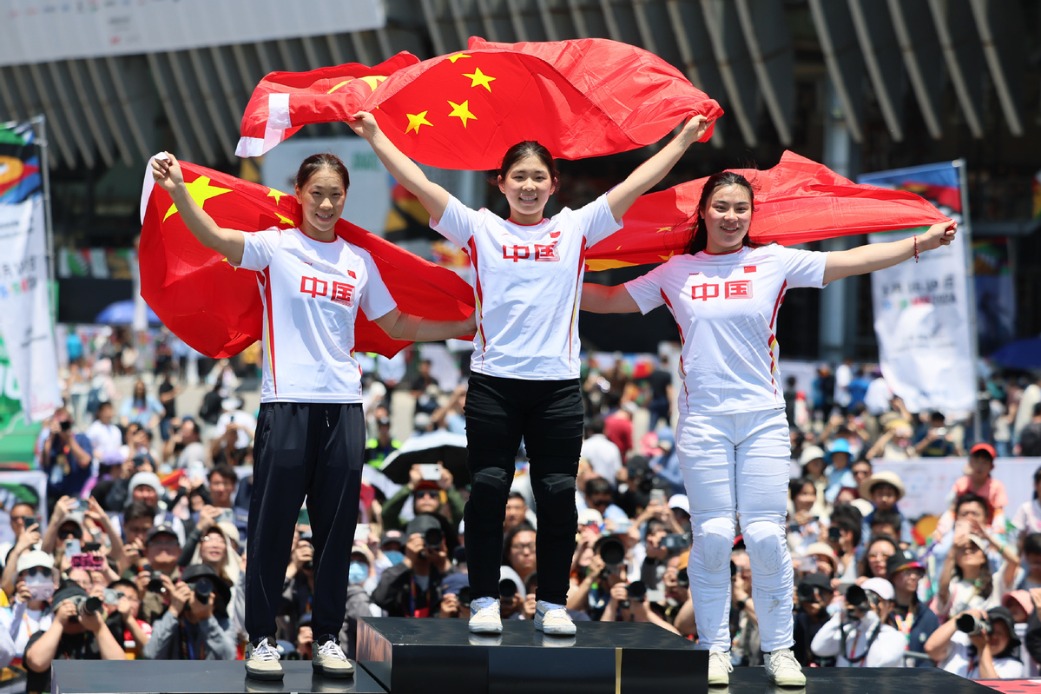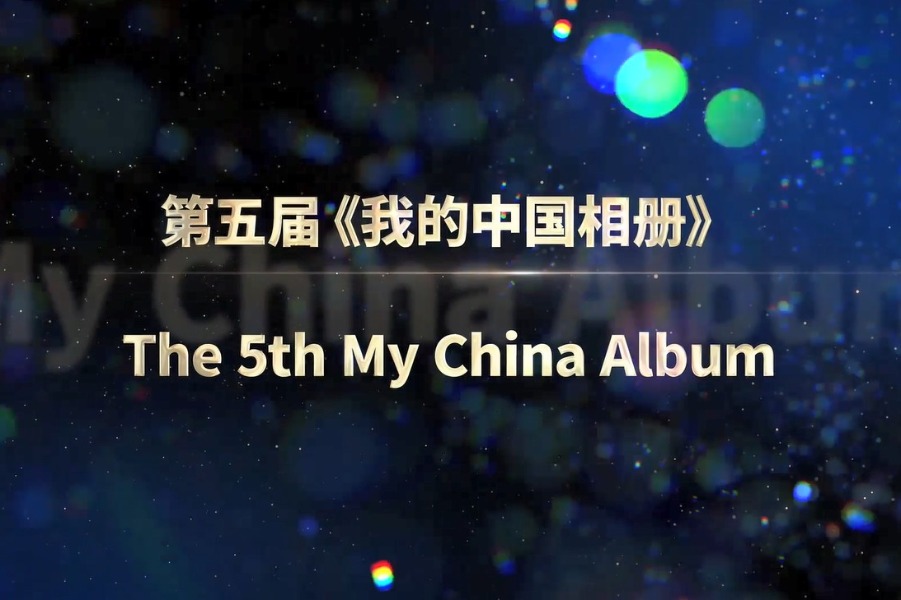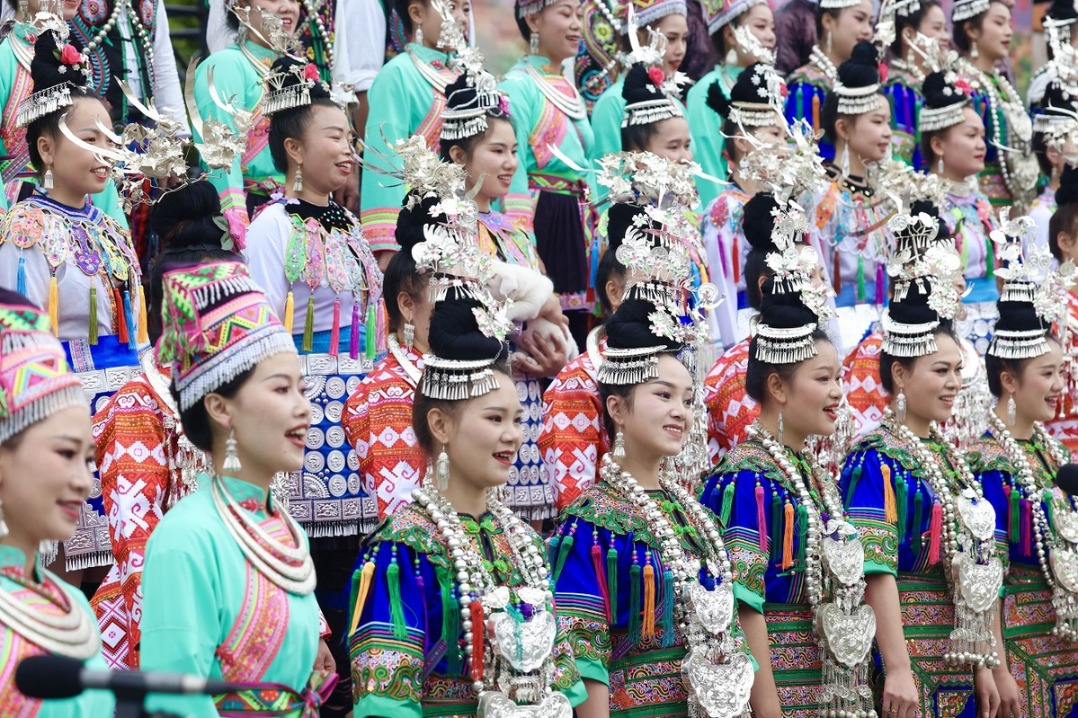IVF procedures overseas may not be necessary, experts say
By Zhou Wenting | China Daily | Updated: 2019-08-27 09:27
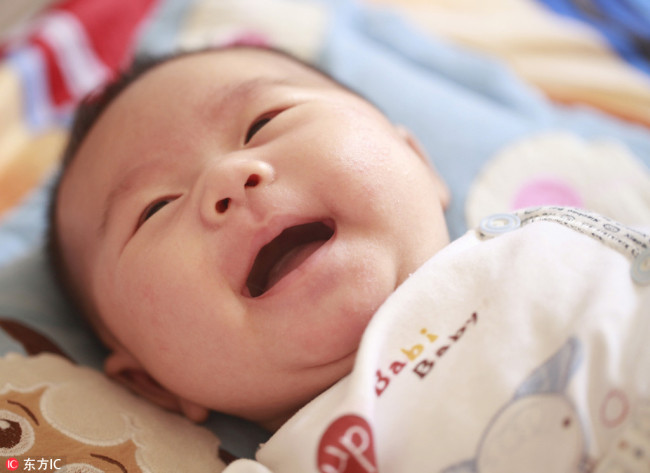
Many Chinese couples have been traveling overseas for in vitro fertilization, in the belief that this procedure will be more successful than at home, but according to experts, there is no need for them to make such trips.
A report by business consultants Frost & Sullivan showed that in 2017 about 15,000 Chinese traveled overseas for assisted reproductive technology services. Among them, 4,500 traveled to the United States, an increase from 2,600 in 2013.
Jin Lei, director of reproductive medicine at Tongji Hospital affiliated with the Tongji Medical College of Huazhong University of Science and Technology in Wuhan, Hubei province, said the pregnancy rate from IVF procedures in China is about 50 percent, and the infant delivery rate is 30 to 45 percent.
In the years immediately after the birth of the first test-tube baby on the Chinese mainland in 1988, the pregnancy rate from domestic IVF procedures was only about 6 percent.
Some foreign agencies advertising IVF trips overseas claim they will result in a pregnancy rate as high as 70 to 80 percent, but experts said the claim is most likely to be commercial publicity.
Sun Xiaoxi, deputy president of the Shanghai Ji'ai Genetics and IVF Institute affiliated with the Obstetrics and Gynecology Hospital of Fudan University, said: "This is like a game of numbers. If we only take into account young patients, who usually have less complicated reasons for infertility, the success rate is also higher in Chinese hospitals."
Qiao Jie, president of Peking University Third Hospital in Beijing, said assisted reproductive technologies in China are mature and a large number are carried out every year.
"Chinese doctors have rich experience and excellent team collaboration. We are not inferior to our colleagues overseas," she said.
Yu Wei Siang, chairman of the Borderless Healthcare Group in Singapore, said, "I believe the final delivery rates of infants through IVF at medical institutions in China and other countries are almost the same - between 30 and 40 percent."
Doctors also said that not all couples have to use the "third-generation" test-tube baby technique, which has been advocated by agencies selling overseas trips. This technology can diagnose problems in the genetic makeup of embryos and ensure that only those that are healthy are placed in mothers' wombs.
Huang Hefeng, president of the International Peace Maternity and Child Health Hospital of China Welfare Institute in Shanghai, said: "The 'third-generation' technique has been used in about 50 hospitals in China. It targets patients who have disorders in their chromosomes. In other words, it is redundant for other patients."
Industry insiders said many Chinese patients could be looking for more privacy and better service when they travel abroad for IVF procedures.
Some people also travel overseas for services such as choosing the baby's gender, surrogacy and freezing eggs, which are not available at home, they said.
Yu said: "At an overseas center, patients can not only meet doctors but also counselors, who provide comprehensive psychological counseling throughout the IVF procedure.
"We have also witnessed a rising number of women, mostly those born in the 1980s and even the '90s, traveling overseas in recent years to have their eggs frozen. They told me it is a good way to ensure that they can take their time before finding the right man."






